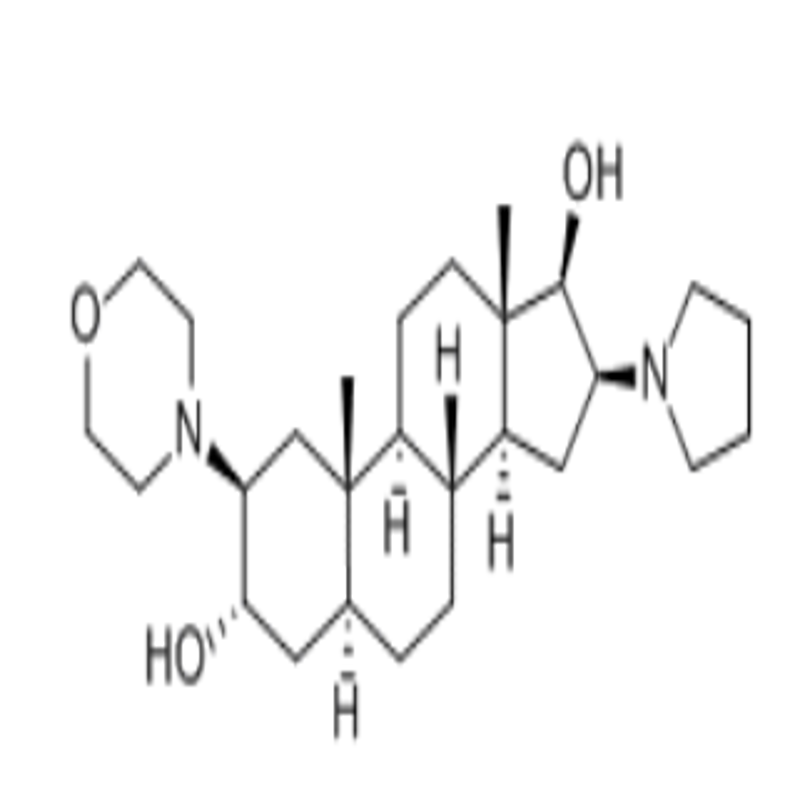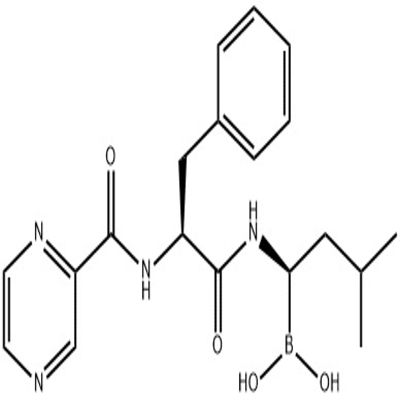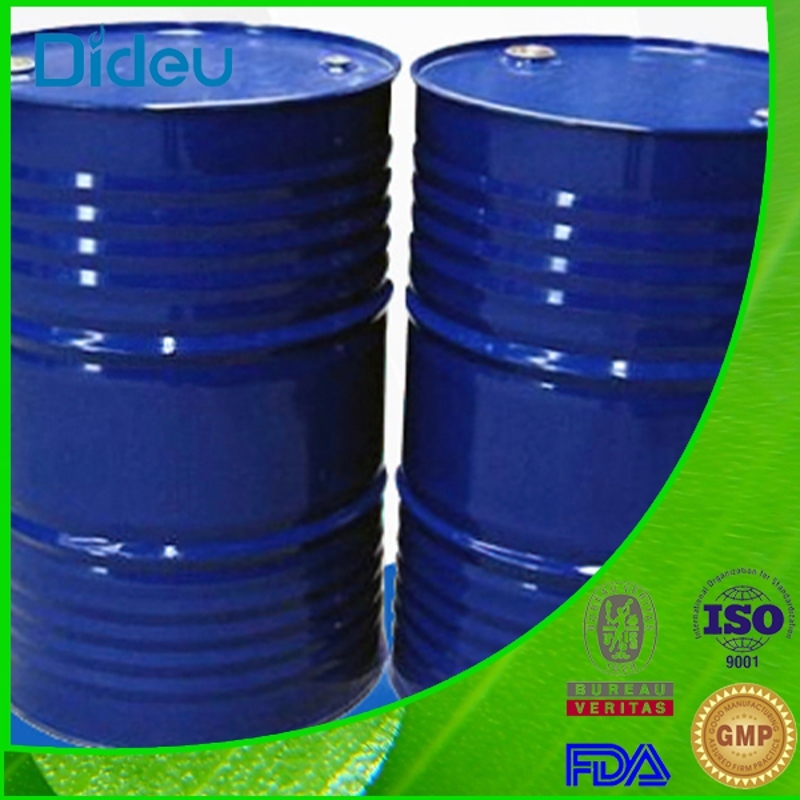-
Categories
-
Pharmaceutical Intermediates
-
Active Pharmaceutical Ingredients
-
Food Additives
- Industrial Coatings
- Agrochemicals
- Dyes and Pigments
- Surfactant
- Flavors and Fragrances
- Chemical Reagents
- Catalyst and Auxiliary
- Natural Products
- Inorganic Chemistry
-
Organic Chemistry
-
Biochemical Engineering
- Analytical Chemistry
-
Cosmetic Ingredient
- Water Treatment Chemical
-
Pharmaceutical Intermediates
Promotion
ECHEMI Mall
Wholesale
Weekly Price
Exhibition
News
-
Trade Service
2-Methylthieno[2,3-d]thiazole (MTT) is a chemical compound that is widely used in the chemical industry.
It is a colorless liquid with a distinctive odor, and it is soluble in water and many organic solvents.
MTT is used as a catalyst in the production of a range of chemicals, including PVC, polyester, and other synthetic materials.
Despite its widespread use, MTT has been the subject of safety concerns in recent years.
Studies have shown that the chemical can be harmful to human health, and it has been classified as a possible human carcinogen by the International Agency for Research on Cancer (IARC).
The main health concerns associated with MTT relate to its potential to cause cancer.
Studies have shown that workers who have been exposed to high levels of MTT are at an increased risk of developing cancer, particularly in the liver, lungs, and prostate.
There is also some evidence to suggest that MTT may cause birth defects and reproductive problems in animals.
One of the main ways that MTT can cause cancer is through its ability to generate reactive oxygen species (ROS), which are highly reactive molecules that can damage DNA and other cellular components.
This can lead to mutations that can cause cells to become cancerous.
In addition to its potential to cause cancer, MTT has also been linked to other health problems.
For example, it has been shown to cause liver damage in animals, and there is some evidence to suggest that it may also affect the nervous system.
To address the safety concerns associated with MTT, many countries have implemented regulations to limit its use and exposure.
In the United States, for example, MTT is classified as a hazardous substance, and employers are required to follow strict safety guidelines when handling the chemical.
In conclusion, while 2-Methylthieno[2,3-d]thiazole (MTT) is a widely used chemical in the chemical industry, it has been linked to various health concerns such as cancer, liver damage, and reproductive problems.
It is essential to adhere to safety regulations and guidelines to minimize the risks associated with the use of this chemical.







